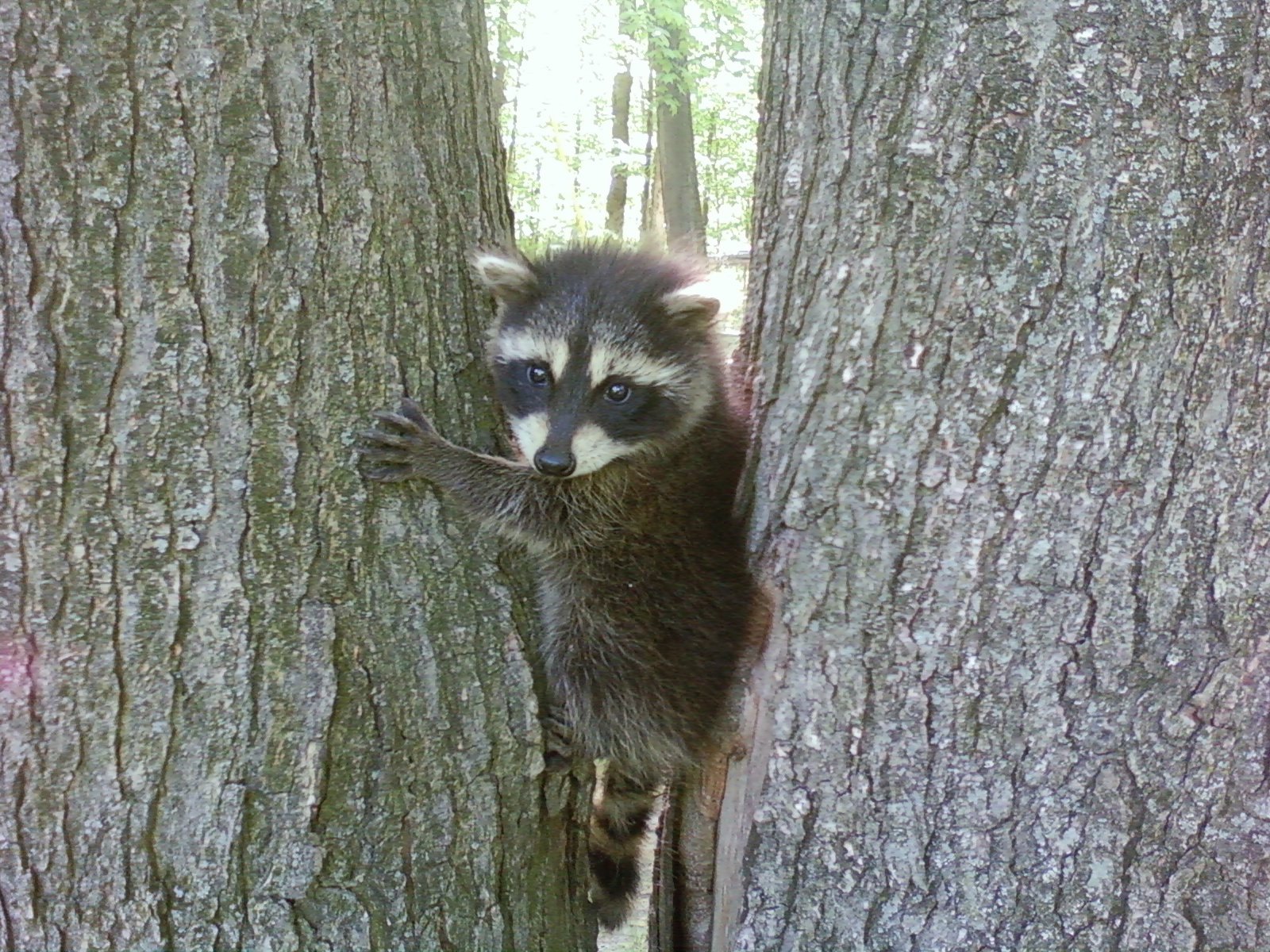Help! I found an animal!
I found a wild baby animal! Can I keep it?
Back 2 the Wild Rehab will not give out advice on how to care for wild animals. The only advice, the best advice we can give is to please contact a licensed wildlife rehabber in your area.
A frequent call I receive here at Back 2 the Wild Rehab is, "I have found an orphaned/injured wild animal." Followed by the questions: "What do I need to do with it?" "What can I feed it?" and the most dreaded question "Can I keep it?" This is where my job gets very tough because the answers I have to give are often not the ones that people want to hear. Telling people to put a baby bird back where they found it even though there may be cats in the neighborhood may not be what people like to hear or understand, but a baby bird has a better chance of surviving if you leave it with it's parents. We, as licensed wildlife rehabilitators, have to make some hard decisions, but they are always in the best interest of the wildlife.
THE LAW
People that find a wild animal are very excited about it and typically show it off to friends and family and share pictures too. Sooner or later one of those people or maybe a neighbor will not like it and call law enforcement.
Songbirds and birds of prey are protected by Federal law and have fines of $15,000 up and jail time. Nests and feathers of songbirds and raptors are protected as well.
DISEASES
Even as a baby, these animals can be carriers of a large number of zoonotic diseases and parasites communicable to humans and household pets. Diseases such as rabies, Lyme disease, roundworms and tuberculosis are just a few. If you or any member of your family is scratched or bitten, that animal is required to be euthanized and tested for rabies, because tests on live animals are not possible.
WILD BABIES
People trying to help wild animals sometimes receive serious injuries. Many expect an animal to recognize their kind intentions and love and do everything in their power to convince the scared animal to not be afraid. Yet, that fear is the key to their survival, instilled in their genes throughout evolution.
Sometimes young animals become imprinted and dependent up their human captors and if released back into the wild may become a nuisance or simply die because of the human interference in their lives that prevented them from learning critical survival skills.
In addition, wild animals deserve the best possible care which requires expert training and knowledge considering that each species has specialized needs. Orphans require individual diets and formulas to grow strong and healthy.
They need to learn survival skills, how to recognize and find food, recognize predators, how and where to establish their living quarters before they are released back into the wild. Most young animals need to be raised in the company of their own kind for proper social and behavioral development.
LETTING GO
Enjoy wildlife, but leave animals to their natural habitats. Not only for the animal’s well being, but for human safety. Allow wild animals to live the way they were meant to live, wild and free.
To make a long answer short: No, you can't keep it! If you really care please learn how to help, when to help, and when maybe not to help. Sometimes "help" can be a death sentence.
Back 2 the Wild Rehab would like to thank RWR for the outstanding information that contributed to this page of my website.




